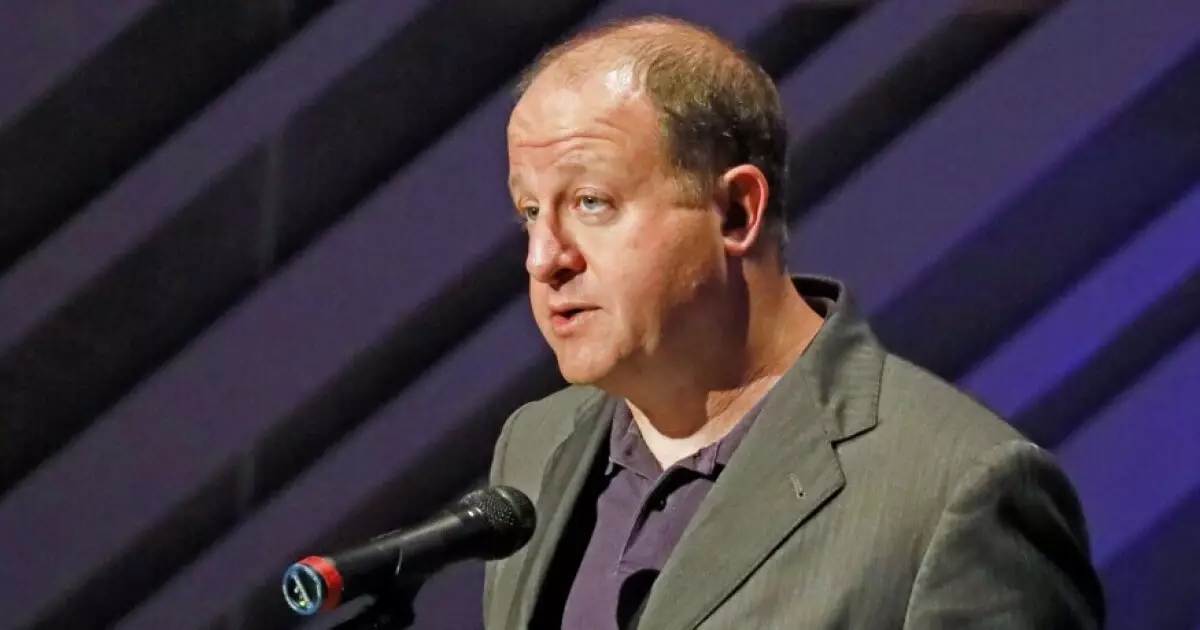The recently concluded special session in the Colorado Legislature had far-reaching implications, particularly with the passage of House Bill 1001 aimed at addressing property tax cut initiatives that caused concern within the state’s municipal bond market. This article will delve into the details of the session and analyze the implications of the bill on various stakeholders.
House Bill 1001 emerged as a result of negotiations with backers of Initiative 50 and 108, who agreed to withdraw the measures from the ballot in exchange for specific conditions outlined in the agreement. The bill, reflecting the deal, seeks to provide relief to small businesses and homeowners by curbing property tax increases, thereby potentially allowing them to retain more of their earnings.
Initiative 50, a proposed constitutional amendment with a 4% cap on statewide property tax revenue growth, raised significant concerns among Colorado bond market professionals. The lack of clarity on the practical implementation of the initiative, especially in terms of potential repercussions for issuer borrowing costs and litigation risks, caused apprehension within the market.
Notable figures within the finance sector, such as Zach Bishop of Piper Sandler and Ann Terry of the Special District Association of Colorado, weighed in on the implications of House Bill 1001. While acknowledging the bill’s intention to alleviate property tax burdens for residents, they also highlighted the potential financial challenges that certain districts may face as a result of the changes.
Despite the initial flurry of bills introduced at the onset of the special session, only a select few, including House Bill 1001 and HB 1003, ultimately gained final approval. The former, building upon existing property tax cuts, aims to provide additional relief through adjustments to tax revenue growth limits and property assessment rates.
Looking ahead, the impact of House Bill 1001 on Colorado’s property tax landscape remains uncertain. With escalating home values and the absence of a robust regulatory framework following the repeal of the Gallagher Amendment in 2020, state lawmakers continue to grapple with the challenge of balancing tax burdens while safeguarding essential public services.
The special session in the Colorado Legislature and the subsequent passing of House Bill 1001 underscore the complex dynamics at play within the realm of property tax reform. As stakeholders navigate this evolving landscape, it is crucial to monitor the repercussions of these legislative actions closely to ensure a balanced approach that safeguards both taxpayer interests and essential public services.

